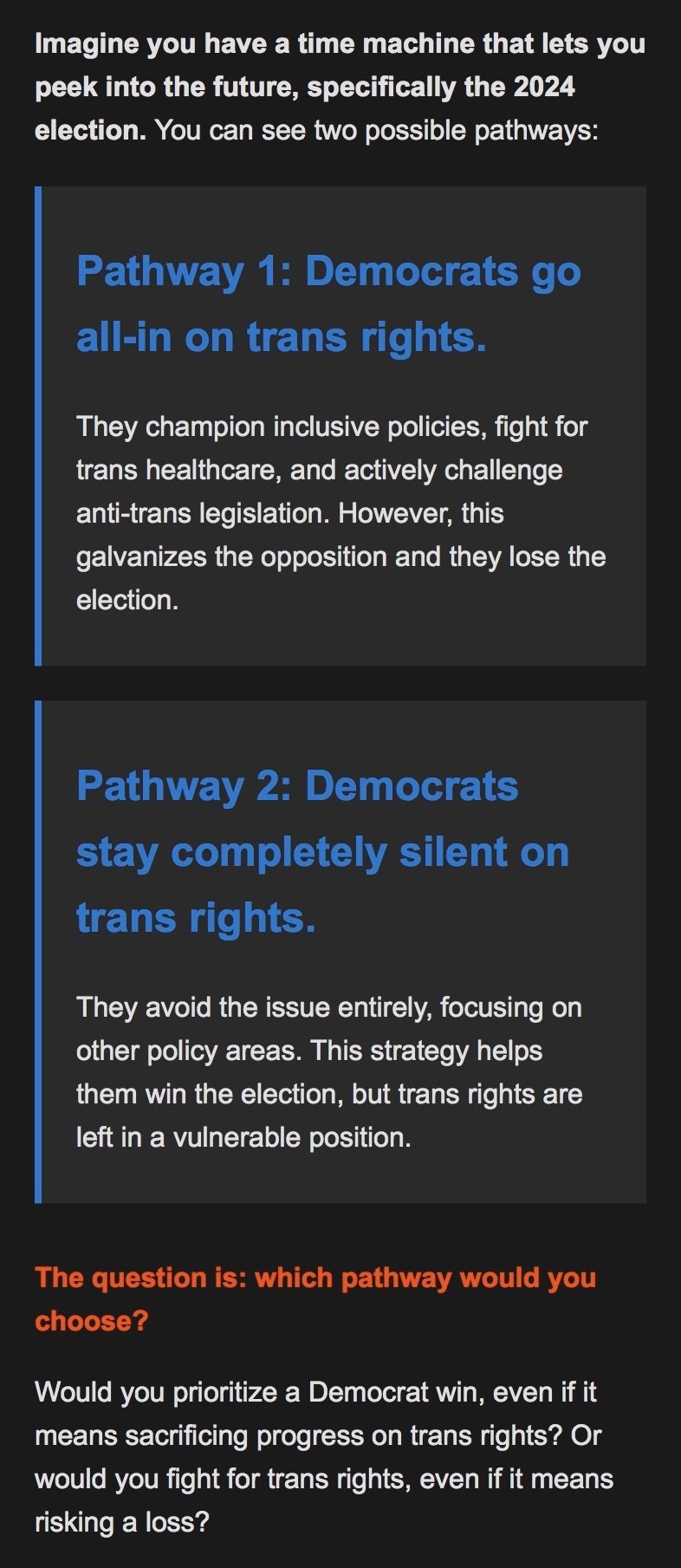this post was submitted on 31 Aug 2024
-49 points (28.7% liked)
Asklemmy
43826 readers
875 users here now
A loosely moderated place to ask open-ended questions
If your post meets the following criteria, it's welcome here!
- Open-ended question
- Not offensive: at this point, we do not have the bandwidth to moderate overtly political discussions. Assume best intent and be excellent to each other.
- Not regarding using or support for Lemmy: context, see the list of support communities and tools for finding communities below
- Not ad nauseam inducing: please make sure it is a question that would be new to most members
- An actual topic of discussion
Looking for support?
Looking for a community?
- Lemmyverse: community search
- sub.rehab: maps old subreddits to fediverse options, marks official as such
- [email protected]: a community for finding communities
~Icon~ ~by~ ~@Double_[email protected]~
founded 5 years ago
MODERATORS
you are viewing a single comment's thread
view the rest of the comments
view the rest of the comments

I'll give you a different perspective. I don't vote in the US elections (given the impact on people in other countries maybe we should) so I won't focus on the Democrat/Republican thing but on the reasons for selecting a specific candidate.
Step 1 - deal breakers. Determine if the proposed policies cause any immediate regression in what is already achieved. Rolling back existing trans rights, banning abortion, stuff like that.
Step 2 - vibes. This is the critical one. Don't immediately look at positive policies you want implemented. Look at how a candidate winning would move the Overton Window .
After this election there will be more, and who wins today moves the general vibe of the entire political system. It sets a base for policies of future candidates who might not even know it yet.
Step 3 - narrowing down. Now if you have several candidates that pass step 2 equally, you can look at the specific policies. Generally you can expect any politician to overpromise (khm lie), but usually they try to achieve at least some of the stated goals.
In two-party electoral systems basically you can't often reach the step 3, but you do have primaries so it can be applied there.